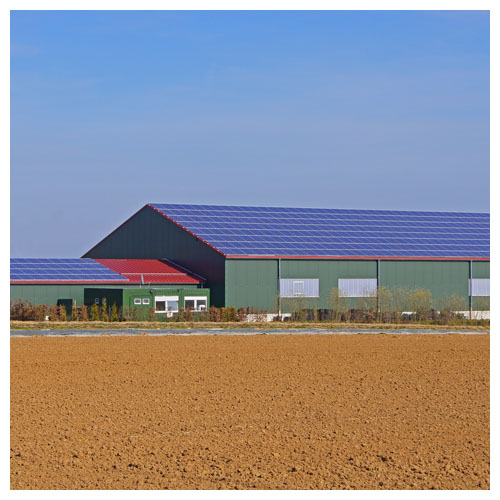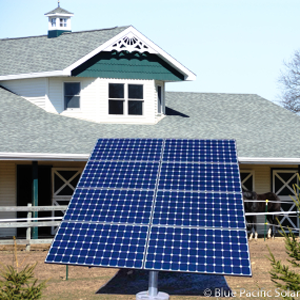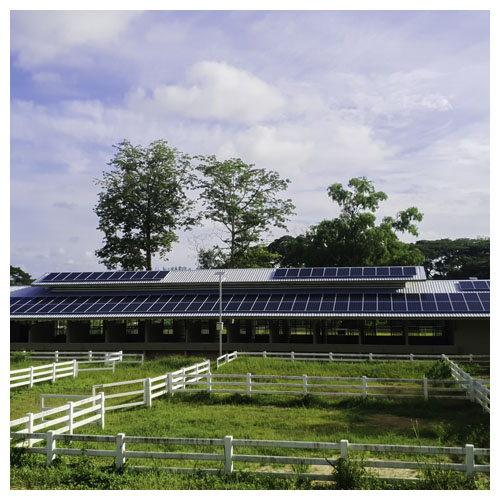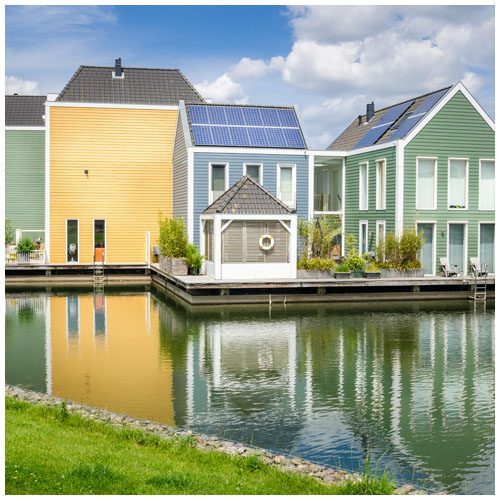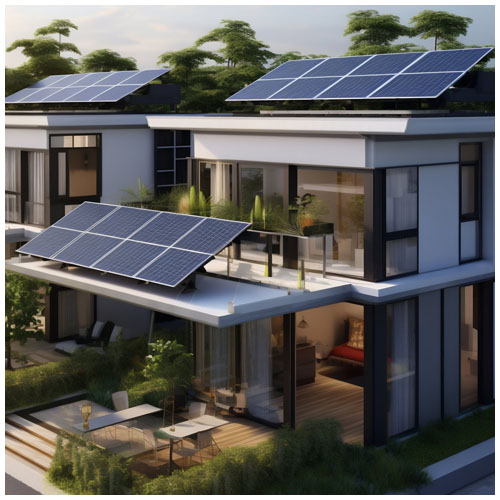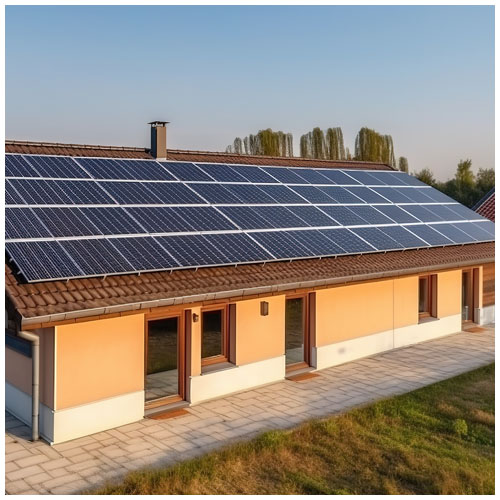Do your Solar Shopping Today
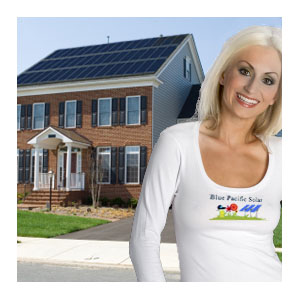
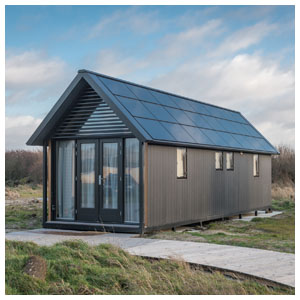
Off-Grid Systems
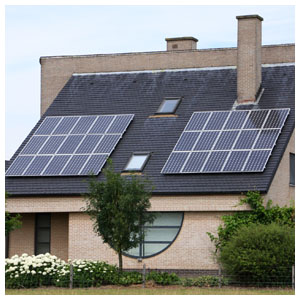
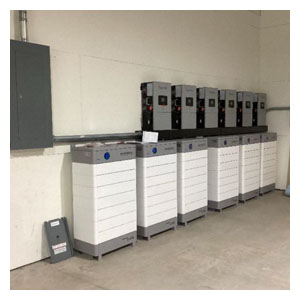
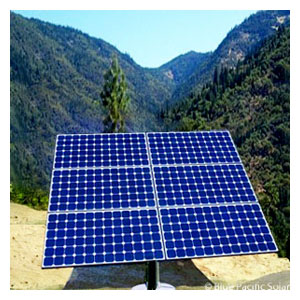
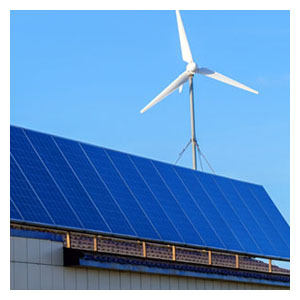
Wind Solar Systems
Harnessing the Sun's Power: A Guide to Solar Power System for Your Home
Imagine a world where your home hums with energy, powered not by the distant hum of a power plant, but by the radiant sunbeams dancing on your rooftop. This is the power of solar energy, and it's not just a futuristic dream – it's a reality within reach for countless homeowners.
Unleashing the Sun's Potential:
Our solar system, a celestial dance of planets orbiting the Sun, is a boundless source of clean, renewable energy. By installing solar panels on your roof, you tap into this sunlit bounty, converting its rays into electricity that can power your home and reduce your reliance on traditional energy sources.
Electricity at Your Fingertips:
The amount of electricity produced by your solar panels depends on several factors, including system size, location, and weather conditions. However, a typical home solar system can generate enough electricity to offset a significant portion of your monthly electricity bill, leading to substantial savings. Imagine the freedom of watching your power meter spin in reverse, generating energy instead of consuming it!
Size Matters:
Deciding on the right system size for your home is crucial. A solar installer will assess your energy needs, roof size, and budget to recommend a system that meets your requirements. Your system size will be measured in kilowatt hours (kWh), which represents the amount of electricity produced per hour.
A Symphony of Power:
Your solar power system is more than just a collection of panels. It's an orchestra of components working in harmony. The panels, the heart of the system, convert sunlight into direct current (DC) electricity. This DC electricity then flows to an inverter, which transforms it into usable alternating current (AC) electricity compatible with your home's electrical system.
Net Metering: A Win-Win Scenario:
Many utility companies offer net metering programs. When your solar panels generate excess electricity, it can be fed back to the grid, earning you credits that can offset future electricity bills. This symbiotic relationship benefits both you and the utility company, creating a sustainable energy ecosystem.
Investing in Your Future:
Installing solar panels is an investment in your home's value and your environmental footprint. The initial installation costs, while significant, can be offset by government tax credits and incentives. Additionally, solar panels can increase your home's resale value, making it a wise long-term investment.
Finding the Right Partner:
Choosing to go DIY for your solar installer is crucial for a successful solar journey. Let Blue Pacific Solar with a proven track record, skilled technicians, and transparent pricing. Compare warranties and services before making your decision.
Empowering Your Home:
Switching to solar energy is not just about generating electricity; it's about taking control of your energy future. You become a responsible steward of the environment, reducing your reliance on fossil fuels and contributing to a cleaner, greener planet.
Beyond the Solar Panel:
Solar energy is just one piece of the clean energy puzzle. Explore other sustainable options like energy-efficient appliances and smart home technologies to maximize your energy savings and environmental impact.
From Sunbeams to Savings:
The path to solar power may seem daunting, but with the right information and guidance, you can unlock the sun's potential and create a brighter future for your home and the planet. So, take a step towards energy independence, let the sun power your home, and watch your monthly bills shrink while your environmental footprint shrinks even further.
Getting Started with DIY Solar Panel System
If you're interested in installing a DIY solar panel system, here are the steps involved:
- Determine your energy needs
- Choose a location for your solar panels
- Select your solar panels
- Purchase the necessary equipment
- Install the system
Tips for Building Your DIY Solar System
Here are a few tips for building your DIY agriculture solar system:
- Do your research
- Start small
- Get help from others
Conclusion
DIY solarpanel systems are a great way to reduce your hone's reliance on fossil fuels, save money on energy costs, and improve your environmental impact. With a little planning and effort, you can build a DIY agriculture solar system that will help you power your farm for years to come.

